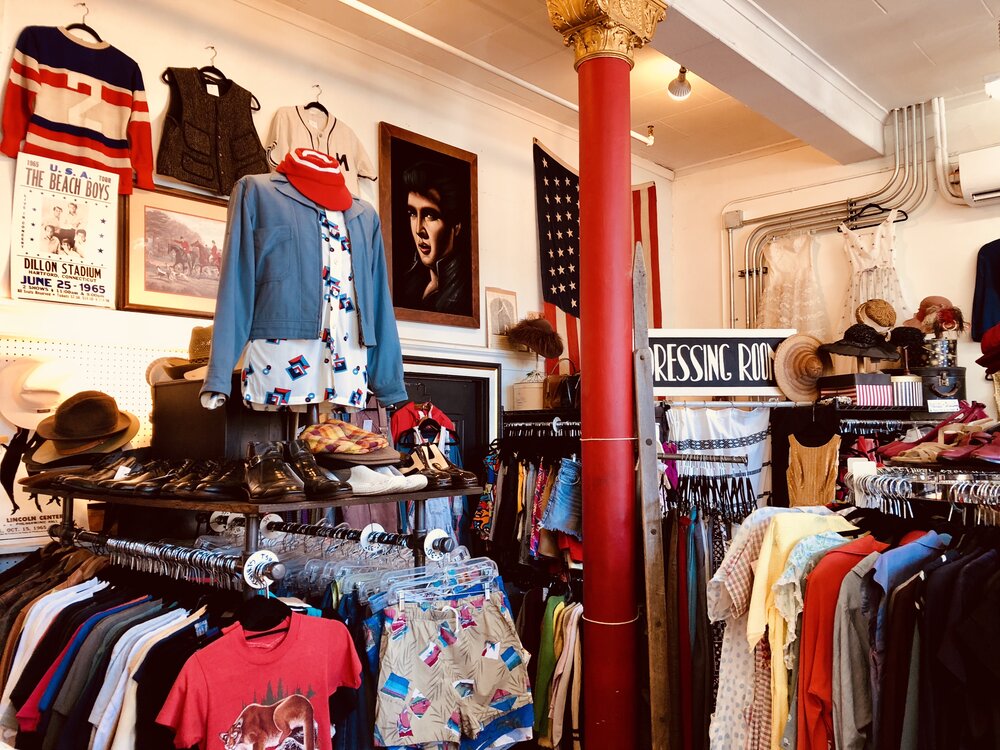Algorithms are Programs. Let's Not Allow Them To Program Us.
Will we ever become numb to experiences we are algorithmically matched to enjoy?
There was a time in my life before the overwhelming pervasiveness of suggestive data. Our generation was the last to experience things both pre- and post-Internet, in the era of CDs, dumbphones and watching TV at the exact same time as everyone else: the day it came out.
Discovering new music was a spiritual journey. I discovered Jurassic 5, my favorite group of all-time, in middle school while playing ATV Off-Road Fury 2 on a PlayStation 2 I was borrowing from a person I barely knew. Hearing the song “What’s Golden” for the first time, and the second, and then the hundredth, made me uselessly good at a random ATV racing game and a diehard fan of Jurassic 5. They were mine. I found them. No one told me about them. I didn’t learn about them through my dad, who was a professional DJ (why were you holding out on me?!) The iTunes algorithm didn’t push them on me. Our meet-cute was a unique happenstance that made our relationship that much stronger from the first needle drop.
This was the genesis of my music taste. Before “Related Artists” sidebars, I relied on features as my source for fresh music suggestions. Jurassic 5 had a song with Blackalicious whose album also featured Dilated Peoples. Dilated Peoples’ second album, Expansion Team, featured rapper Black Thought from The Roots and Guru of Gang Starr. The Roots rabbit hole opened up an entire family tree of artists including Mos Def, Talib Kweli, Common, Erykah Badu, Jill Scott, and so on.
It’s not just the discovery of the artists. Obviously, the ability to find new music is seemingly easier today, with a number of avenues including Spotify-curated playlists and a number of dedicated blogs and social media accounts. The limitations of music players made it so you could only carry so much music with you. A CD held roughly 10-15 songs which meant you were stuck with that handful of songs. Making playlists became an art. Like walking through a museum, your selections were restricted to a few pieces that you spent intimate time with.
There is a reason that past generations pine for the “golden era” of hip-hop. It’s not just the music. The memory of hearing “rappers I monkey flip em with the funky rhythm I be kicking…” back in 1994 ignites a full activation of your senses: where you were, who you were with, the outfit you had on, the weather. It all comes rushing back. That moment is uninterrupted by notifications or the ability to quickly click away to another playlist.
After leaving my position at RUNAWAY in 2018, I spent two months in Massachusetts teaching with Putney Student Travel. Part of the student experience included taking weekend excursions off-campus. I had the good fortune of chaperoning the trip to Montréal. On the way up, the charter bus made a stop in Montpelier, Vermont. Some of us popped into Buch Spieler Records, a vintage clothing and record store. As we were checking out, I couldn’t help but notice the thrashing guitar ensemble playing over the PA. I asked the clerk to educate me. He told me the name of the band, and then after reading my perplexed expression, pointed me to the record standing up next to the register. Kikagayu Moyo. “Geometric patterns.” The album art would suggest as much, and the music sounded like a band named Geometric Patterns.
For the remainder of the trip, I obsessed over their catalog. It helped that my palette was tuned to psychedelic rock thanks to two of my coworkers being Beatles fanatics. As I browsed their website, I discovered they were playing Cat’s Cradle, of all places, in three months. The day after my birthday. It was destiny.



How does discovery in 2020 affect our relationship with the things in our lives? We are conditioned by algorithms, many of which are shrouded in mystery, to consume things we “like” based on the data we serve them. But what do we make of the things we haven’t discovered yet? These algorithms are forcing us into silos, limiting what we interact with in the world. How do we expand our horizons if algorithms restrict our exposure to new ideas?
Recommendation technology has crept into all facets of our daily lives; where to eat, what to listen to, who to date. Perhaps we lean on this technology because the stakes are high. How we choose to spend our time and what, or who, we spend it on is valuable. It’s the only thing we can’t get back.
Will we ever become numb to experiences we are algorithmically matched to enjoy? How long would you play a game if you knew you were going to win every time? There’s a reason we make sports teams actually play the games instead of just running the player stats through a computer. Anomalies. You never know when someone might get hot, or your star might spend too much time at the Miami strip clubs the night before.
Algorithms are programs. Let’s not allow them to program us.

